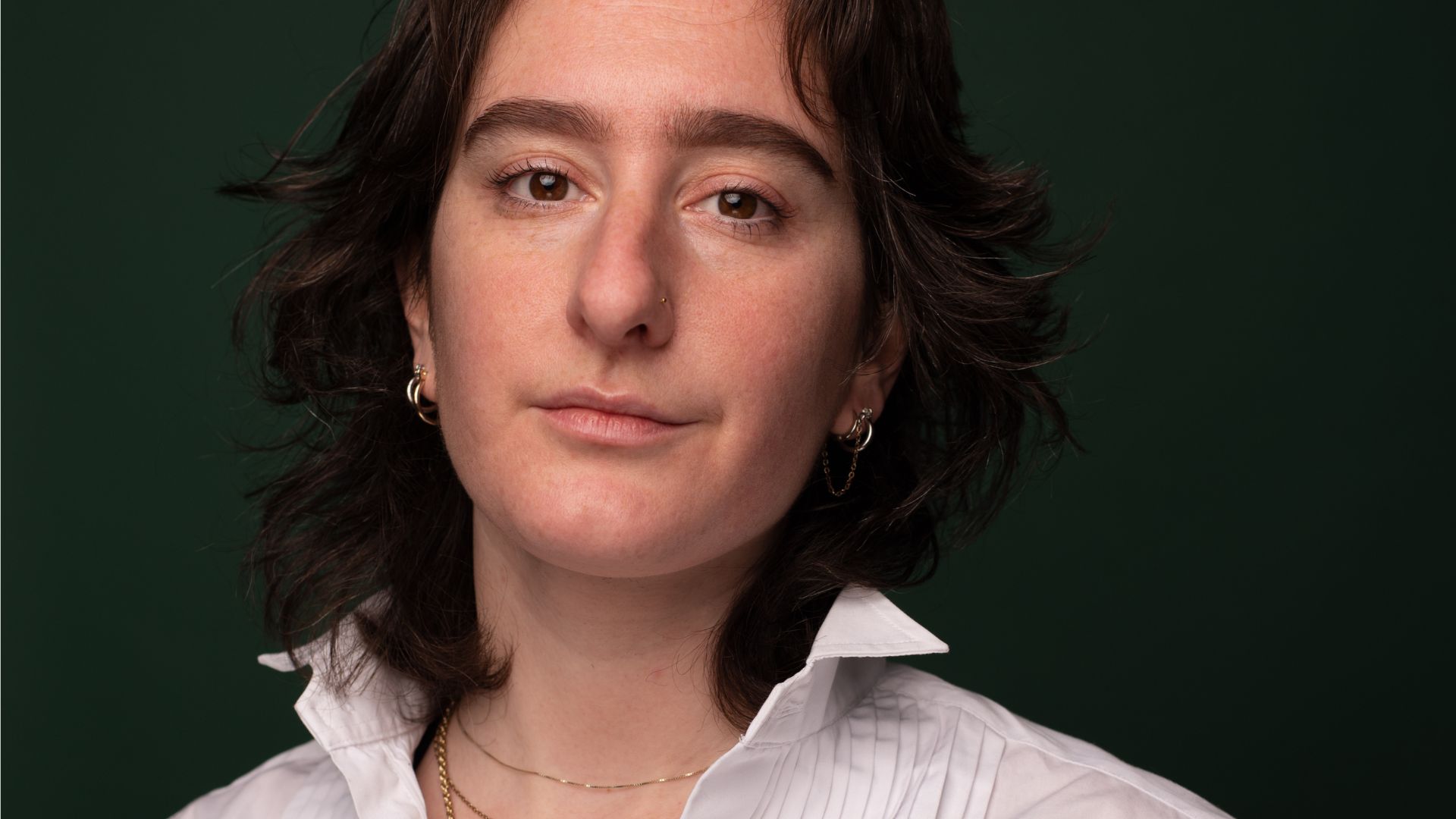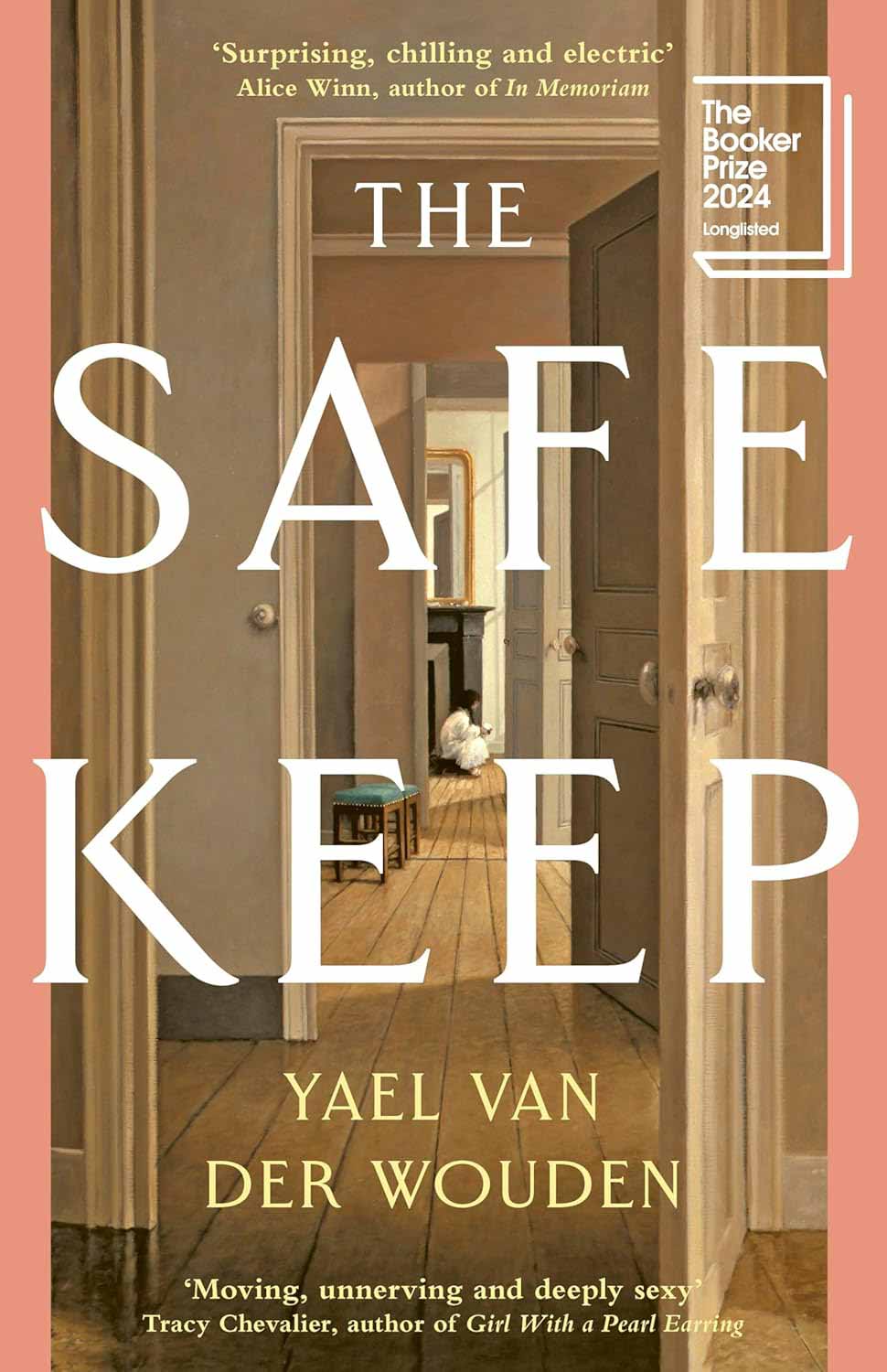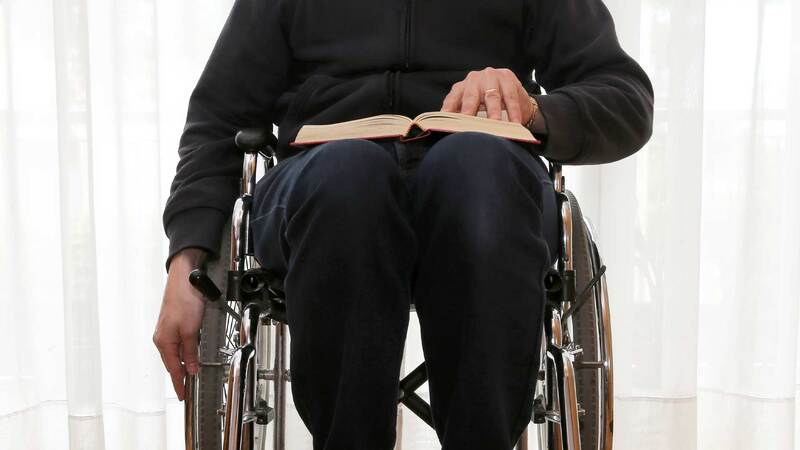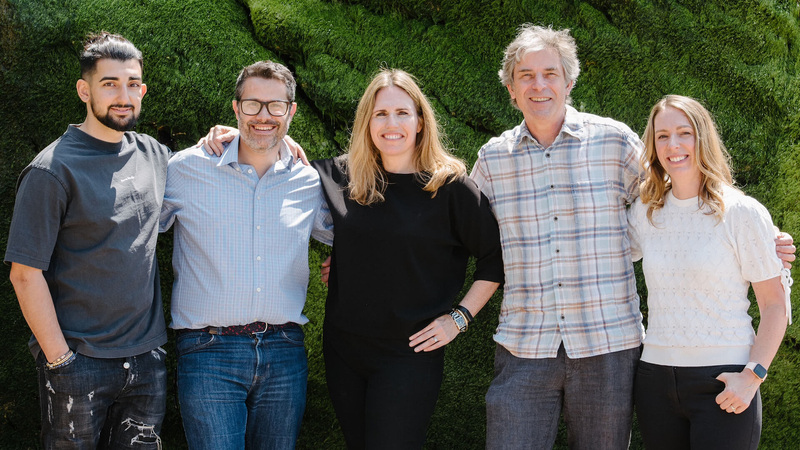You are viewing your 1 free article this month. Login to read more articles.
Booker-longlisted novelist Yael van der Wouden on the catharsis to be found in writing an unlikable character

Madeleine Feeny is a book critic published in the New York Times, Guardian, Financial Times and Telegraph, among others, and the fiction ...more

Madeleine Feeny is a book critic published in the New York Times, Guardian, Financial Times and Telegraph, among others, and the fiction ...more
Some novels demand to be written. One such is The Safekeep, Dutch-Jewish author Yael van der Wouden’s intense, confounding début, which tumbled out of her in six months. Over video call from New York—where she’s visiting her friend Alice Winn, author of In Memoriam—she acknowledges what a rare gift this is.
“The story kind of descended upon me. I know this will only happen once in my life.” The Utrecht-based author sent it to Winn’s agent; it sparked nine-way auctions in the UK and the US and sold in a further 12 countries.
When two of van der Wouden’s grandparents passed away within one week in 2021, she noticed the contrast between the clamorous Jewish shiva in Tel Aviv (which she attended remotely due to Covid-19 restrictions) and the sober Calvinist funeral in the Netherlands. This sense of her cultural duality percolated along with a short story she had written about three siblings, and her experience of growing up Jewish in the Netherlands, which she had explored in an acclaimed essay, “On (Not) Reading Anne Frank”.
When she was 10, her family moved from her mother’s homeland, Israel, to her father’s, the Netherlands. There she experienced anti-Semitism and learnt what it means to live in a country where your culture and language are invisible. “But if you walk through the city, and you’re paying attention, you will see traces of Jewish families.”
The plot hinges on this history of dispossession and erasure and is based on true stories about the legacy of the Holocaust that swirl around the Dutch Jewish community.
Set in the conservative Dutch countryside in 1961, The Safekeep is at once a fervid tale of lesbian awakening and forbidden love, and something altogether darker, which seizes you by the throat. A masterclass in dramatic tension, it immerses you in the repressed, regimented world of Isabel, who lives alone in her family home at nearly 30, caring obsessively for her late mother’s belongings. Hostile, paranoid and resentful, Isabel is not a likeable protagonist, but framing the story from her third-person perspective earns the reader’s sympathy, so when the twist comes, they are shocked with her. It was freeing and cathartic to write a character who is so rude without caring what people think, “and still give her love, make her redeemable and create understanding for why somebody behaves a certain way”.
The Safekeep is not the Calvinist story, this is the Jewish story, where there’s always potential for change and understanding
Isabel feels abandoned by her brothers: serial dater Louis, and Hendrick, who absconded as a teenager after their mother rejected his sexuality, and now lives with his partner Sebastian (in the Netherlands, homosexual acts between adults have been legal since 1911). At the sibling dinner that opens the book, Isabel is typically sour to Louis’ latest squeeze, Eva, a giddy bottle blonde. When Louis insists that Eva stay with Isabel for a month while he’s away, she’s furious—not just at the intrusion, but at her own powerlessness, for, as the eldest son, Louis owns the house. The pathos and irony of Isabel’s quasi-religious devotion to it highlight the social and economic limitations on women’s lives at the time.
Isabel keeps suspicious eyes trained on her unwelcome houseguest, but her surveillance takes an unexpected turn. As Isabel’s sexuality blossoms, she stops counting teaspoons and surrenders to passion, played out in scenes that expertly navigate the connection between desire and disgust. Van der Wouden, a university lecturer who teaches a course on erotic fiction, says writing sex seriously, without leaning into the humour or disgust, is “very vulnerable, terrifying”. What ratchets up the tension, in this and all the best romances, are the many personal and societal reasons the lovers should resist the chemistry between them.
Inscribed into the novel’s lesbian DNA is the guiding light of Sarah Waters. Other influences include E M Forster, Zadie Smith, Carmen Maria Machado and—a curveball—Nick Hornby. Reading came late to van Der Wouden, who was reluctantly driven to it by the rationing of television in her Dutch grandparents’ home—which inspired Isabel’s in atmosphere, if not architecture. By age 12, she was writing her own stories. Her parents are animators, so film is the household’s lingua franca (alongside English, her parents’ shared language) and from them she learned to think in storyboards, meticulously mapping the novel’s structure before putting word to page. Her next project—tantalisingly pitched as “what if Regina George from ‘Mean Girls’ survived the apocalypse”—explores similar questions in a very different context.
Although The Safekeep is designed to make readers think about complicity and what we take for granted, it is not a lesson in guilt. “This is not the Calvinist story, this is the Jewish story, where there’s always potential for change and understanding.” Instead, it asks how we can bounce back from history, deal with guilt productively, and move forward together “from a place of love”.










